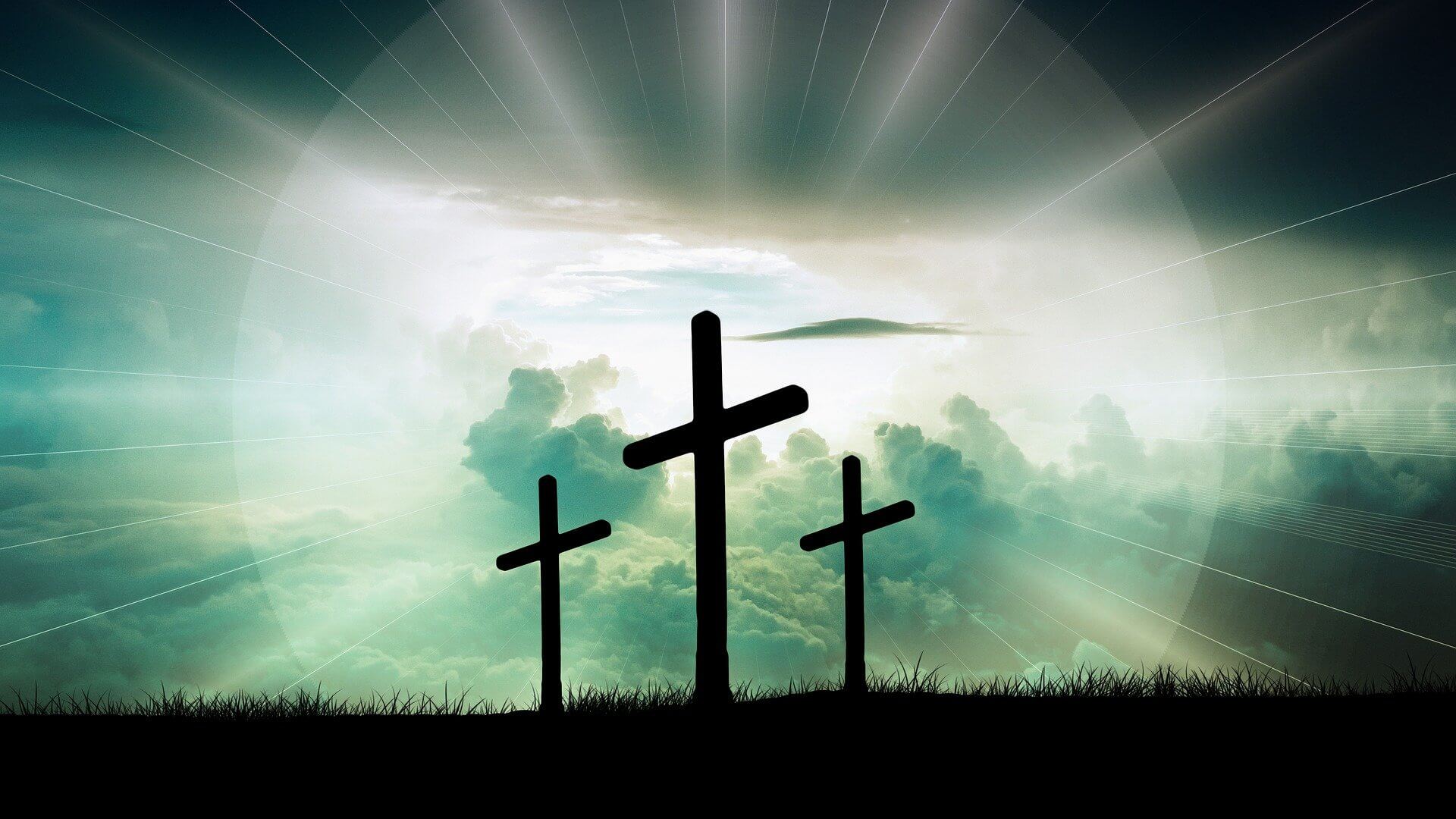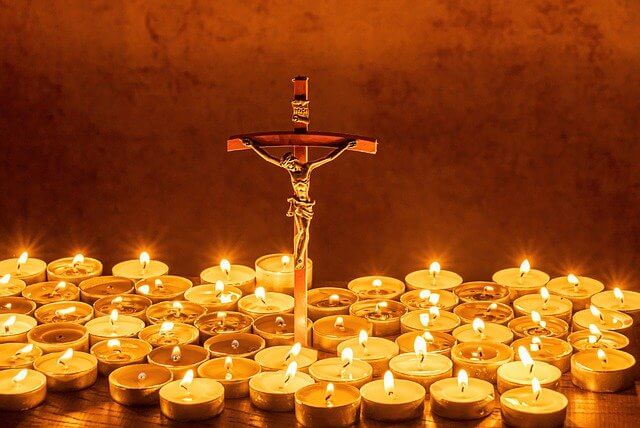What does easter mean? The definition of easter, information on the origin of the name. Theological meaning, Catholic church and other Christian churches.
Easter is a major Christian holiday that commemorates the resurrection of Jesus Christ from the dead. The holiday is celebrated on the first Sunday after the first full moon following the vernal equinox (around March 21), and typically falls between March 22 and April 25.
The term “Easter” is thought to have been derived from the Old English word “Ēastre” or “Ostara,” which was the name of a pagan festival celebrating the arrival of spring. As Christianity spread throughout Europe, the celebration of Easter gradually replaced the pagan festival.
For Christians, Easter is a time to celebrate the resurrection of Jesus, which is seen as the ultimate triumph of life over death and the promise of eternal life for believers. The holiday is marked by a variety of religious and secular traditions, including attending church services, decorating Easter eggs, participating in egg hunts, and enjoying special meals with family and friends.

Source : pixabay.com
Origin
The origin of Easter can be traced back to the early Christian church, which established the holiday as a celebration of the resurrection of Jesus Christ from the dead. According to Christian belief, Jesus was crucified and died on a Friday, which is now known as Good Friday. Three days later, on Sunday, Jesus rose from the dead, an event which is celebrated as Easter.
The date of Easter is determined by a complex set of rules that take into account both the lunar calendar and the solar calendar. The holiday is celebrated on the first Sunday after the first full moon following the vernal equinox (around March 21). This means that Easter can fall anywhere between March 22 and April 25.
The origins of some of the secular traditions associated with Easter, such as the Easter bunny and Easter eggs, are less clear. Some historians believe that these traditions may have originated from pagan festivals celebrating the arrival of spring, which were later incorporated into the Christian holiday. However, others argue that these traditions have a more recent origin and were developed as a way to make the holiday more appealing to children.
Theological meaning
The theological meaning of Easter is central to the Christian faith. For Christians, Easter celebrates the resurrection of Jesus Christ from the dead, which is seen as the ultimate triumph of life over death and the promise of eternal life for believers.
According to Christian belief, Jesus was crucified and died on a Friday, which is now known as Good Friday. Three days later, on Sunday, Jesus rose from the dead, an event which is celebrated as Easter. This event is seen as the cornerstone of the Christian faith, as it demonstrated Jesus’ power over death and his ability to offer salvation to believers.

Source : pixabay.com
The resurrection of Jesus is also seen as a fulfillment of Old Testament prophecies and a validation of his claims to be the Son of God. It is the basis for the Christian belief in eternal life and the hope of resurrection for believers after death.
The theological significance of Easter is reflected in Christian liturgy and tradition, which emphasize the themes of redemption, forgiveness, and new life. Christians celebrate Easter by attending church services, singing hymns and songs, reading scripture, and participating in communion. It is also a time for reflection, prayer, and renewal of faith.
Catholic Church and other Christian churches
Easter is celebrated by many different Christian denominations, including the Catholic Church and other Christian churches.
In the Catholic Church, Easter is one of the most important holy days of the year, along with Christmas and Pentecost. The celebration of Easter begins on Ash Wednesday, which marks the beginning of the season of Lent, a period of fasting, prayer, and repentance leading up to Easter Sunday. Holy Week, which includes Palm Sunday, Holy Thursday, Good Friday, and Holy Saturday, commemorates the events leading up to Jesus’ death and resurrection. Easter Sunday is celebrated with great joy and is marked by special church services, feasting, and family gatherings.
Other Christian denominations also celebrate Easter, but with some differences in their practices and traditions. For example, some Protestant churches do not observe the season of Lent or the practice of fasting, and may focus more on the joyous celebration of Jesus’ resurrection. Orthodox churches also celebrate Easter, but on a different date than the Western Christian churches, due to differences in the calendar systems used.
Despite these differences, Easter remains a unifying celebration for Christians around the world, as they come together to commemorate the resurrection of Jesus and the hope of eternal life that it represents.

Source : pixabay.com
Origin of the Name
The origin of the name “Easter” is not entirely clear. Some scholars believe that the word “Easter” may have been derived from the Old English word “Ēastre” or “Ostara,” which was the name of a pagan festival celebrating the arrival of spring. This festival was associated with the goddess Ēastre or Ostara, who represented fertility and new beginnings.
As Christianity spread throughout Europe, the celebration of Easter gradually replaced the pagan festival. However, the name “Easter” may have persisted because of its association with the spring season and the theme of new life, which is also central to the Christian celebration of Easter.
Another theory is that the name “Easter” may have been derived from the Latin word “alba,” which means “white.” In the early Christian church, the season of Easter was associated with the baptism of new converts, who would wear white clothing as a symbol of their rebirth in Christ. The word “alba” may have evolved into “Easter” over time, as the celebration of Easter became associated with this theme of new life and rebirth.
Despite the uncertainty surrounding its origin, the name “Easter” has become synonymous with the Christian celebration of the resurrection of Jesus Christ and the hope of eternal life that it represents.